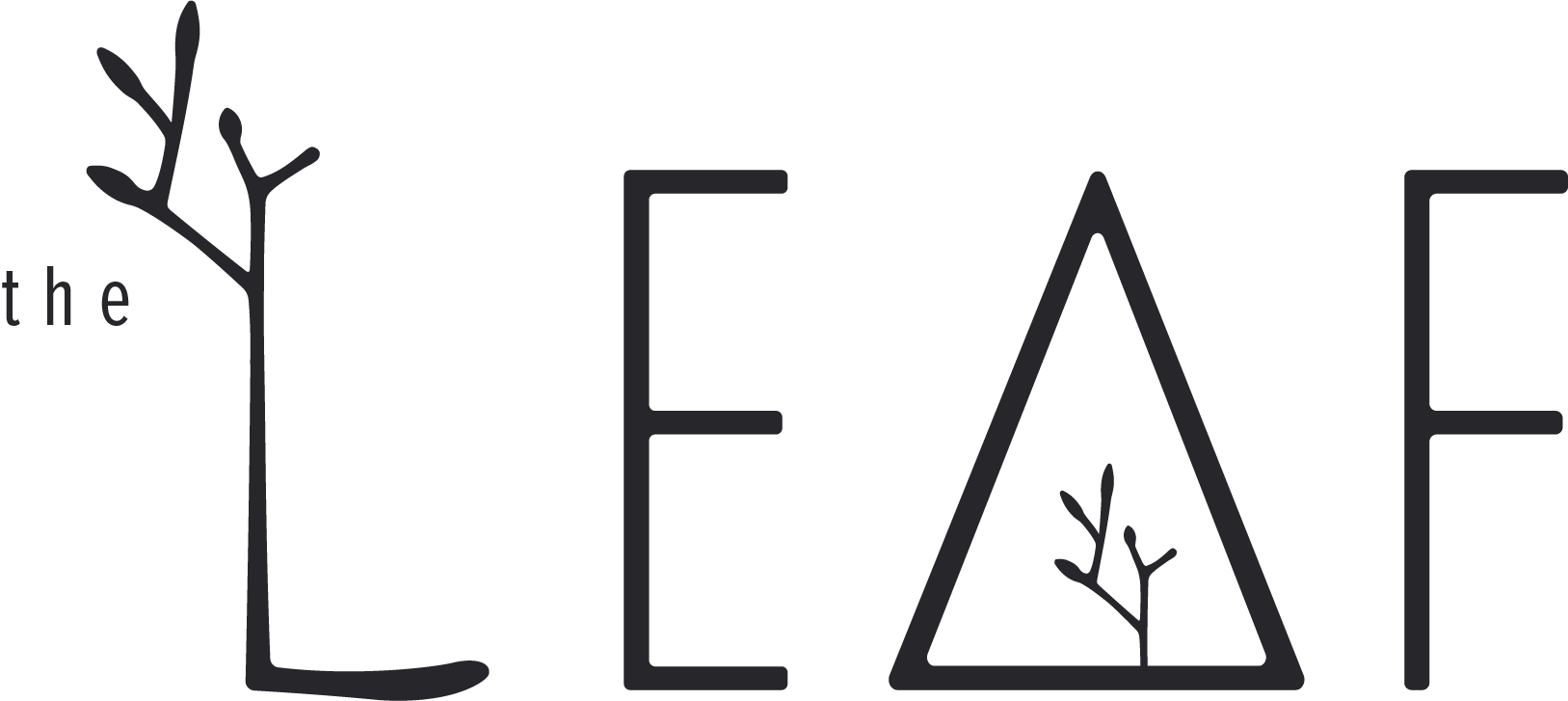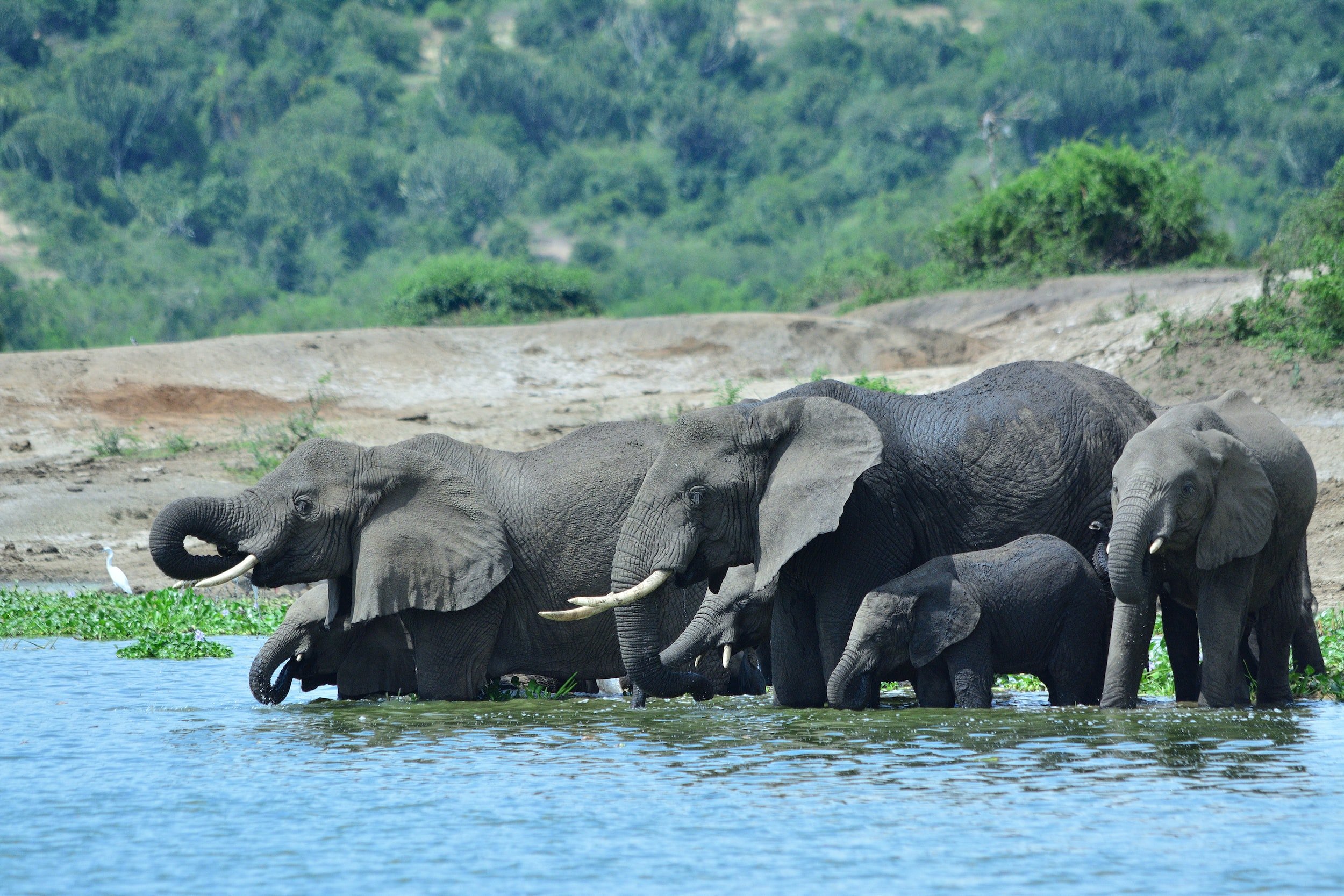When the LEAF hits the ground
A brief summary of current projects run by the LEAF
Mangroves
Restoration can’t come without reforestation, and the LEAF knows it. That’s why we’re planting over 100,000 mangrove seedlings to restore 100ha of mangrove forest. Not only will this provide a multitude of ecosystem services, from coastal protection to supporting rich fisheries and removing pollutants from coastal waters, they also help to fight against climate change. What’s not to love?
Despite their benefits, mangrove ecosystems are still vulnerable. The LEAF is fighting this by working with local communities to plant seven species of mangrove year-round, each uniquely adapted to thrive in salty, tidal environments. Restored forests benefit over 90,000 people living within 10km of the sites, providing habitats for 400 bird and mammal species, and sequestering over 400 tonnes of carbon each year.
Want to know more? Check out our Mangrove Projects page!
Pwani
The LEAF has partnered with Pwani University to refurbish their nursery, inform their staff on the benefits of indigenous species and restore their 600 acre grounds through tree-planting activities and the installation of a sustainable water irrigation system.
The LEAF believes in empowering local people, and understands that education is a key factor in long-term restoration, so the partnership between the LEAF and Pwani University is very important.
Understanding the value and importance of the natural world will ensure the future of the project, long after the LEAF has completed their mission here. Within the university grounds the land is protected, enabling the safe establishment of critically endangered species that can then act as a bank of seeds for future projects.
maybe something here about diversifying the job opportunities of local people outside of the charcoal industry?
Want to know more? Check out our Pwani Projects page!
Kijabe
Kijabe, a small town outside Nairobi, plays an important role in the LEAF’s restoration mission. Working with the Kijabe Forest Trust to employ nursery staff to harvest, germinate, and care for seedlings, this small town has been responsible for the successful planting of over 20,000 trees a year.
More trees are now being planted than are extracted for wood fuel, creating important wildlife habitats for endangered species such as leopards, and contributing to carbon sequestration as well as diversifying employment opportunities.
Want to know more? Check out our Kijabe Projects page!
Relics
Biological Relics, small fragments of habitat hanging by a thread, offering an insight into the natural history of an area before human settlement.
Typically surrounded by agriculture and human settlements, they host extreme biodiversity and can act as the final stronghold of endangered species. Too often they are overlooked and under-protected. The LEAF is fighting to change this.
By finding and protecting relic sites, propagating endemic species and employing locals to preserve the land, the LEAF is hoping to save these vulnerable sites from extinction.
Want to know more? Check out our Relic Project page!
Gabon
LEAF’s brand new project is a partnership with Association Ebyeng-Adzuameniene (A2E) and Association N’donga Massaha (ANM) in Gabon’s Ogooue-Ivindo region to protect and restore ancestral forests.
90% of Gabon is covered by forests, representing some of the most intact and biodiverse rainforest ecosystems in the world. Making up 1/5th of the Congo Basin forest, the landscape is critical for supporting local communities and providing a stable home to endangered species such as the critically endangered forest elephants.
Unfortunately the future of these globally important forests are threatened by industrial logging and mining activity, increasing deforestation and unsustainable hunting of wild elephants. The LEAF has chosen to partner with A2E and ANM to ensure Gabon’s forests survive and thrive for many years to come.
Want to know more? Check out our Gabon Project page!






